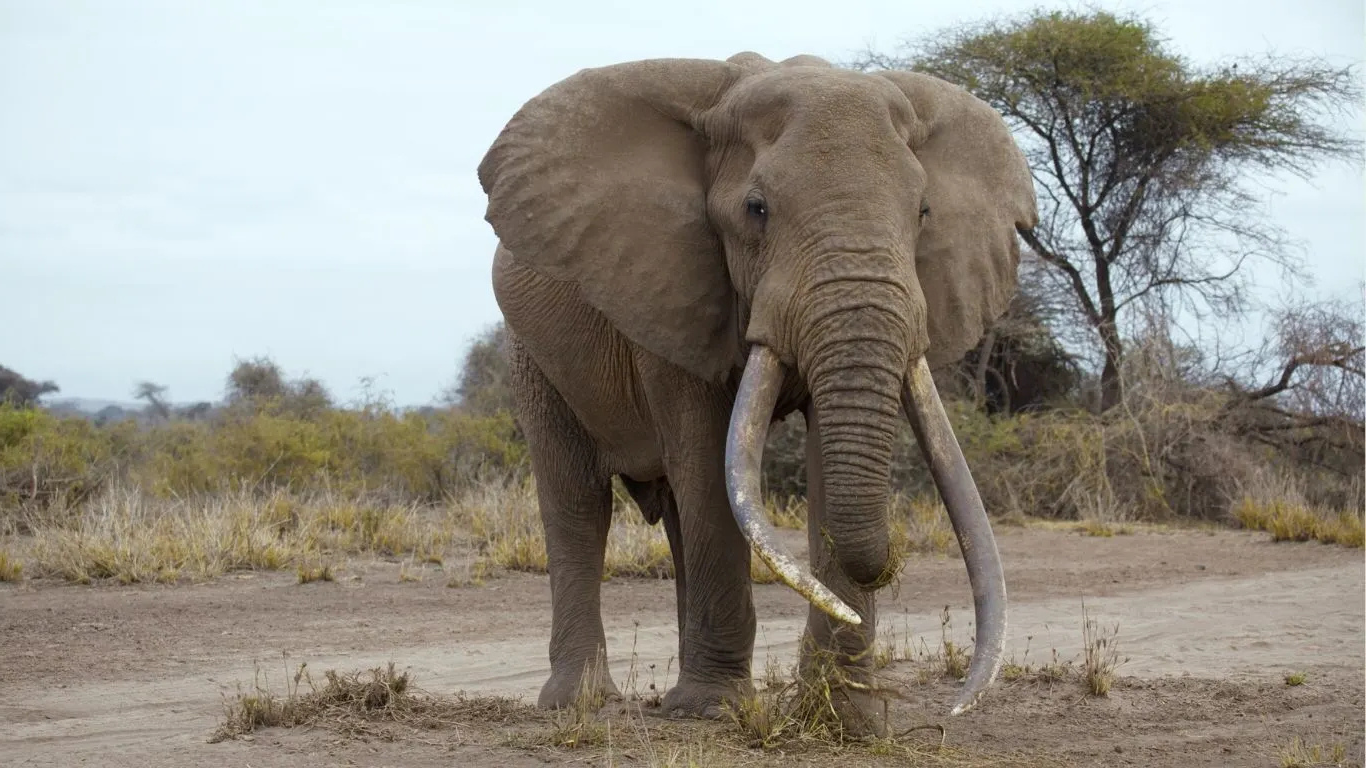Every year in East Africa, thousands of cross-border elephants migrate between Kenya and Tanzania – including fewer than 30 ‘super tuskers’ – which are about to be wiped out for good.
These rare bull elephants – the last remaining in the region – have enormous tusks that each weigh over 100 pounds (45 kilograms), and which often grow long enough to touch the ground.
As you can imagine, these magnificent tusks make them a prime target for blood-thirsty poachers and trophy hunters.
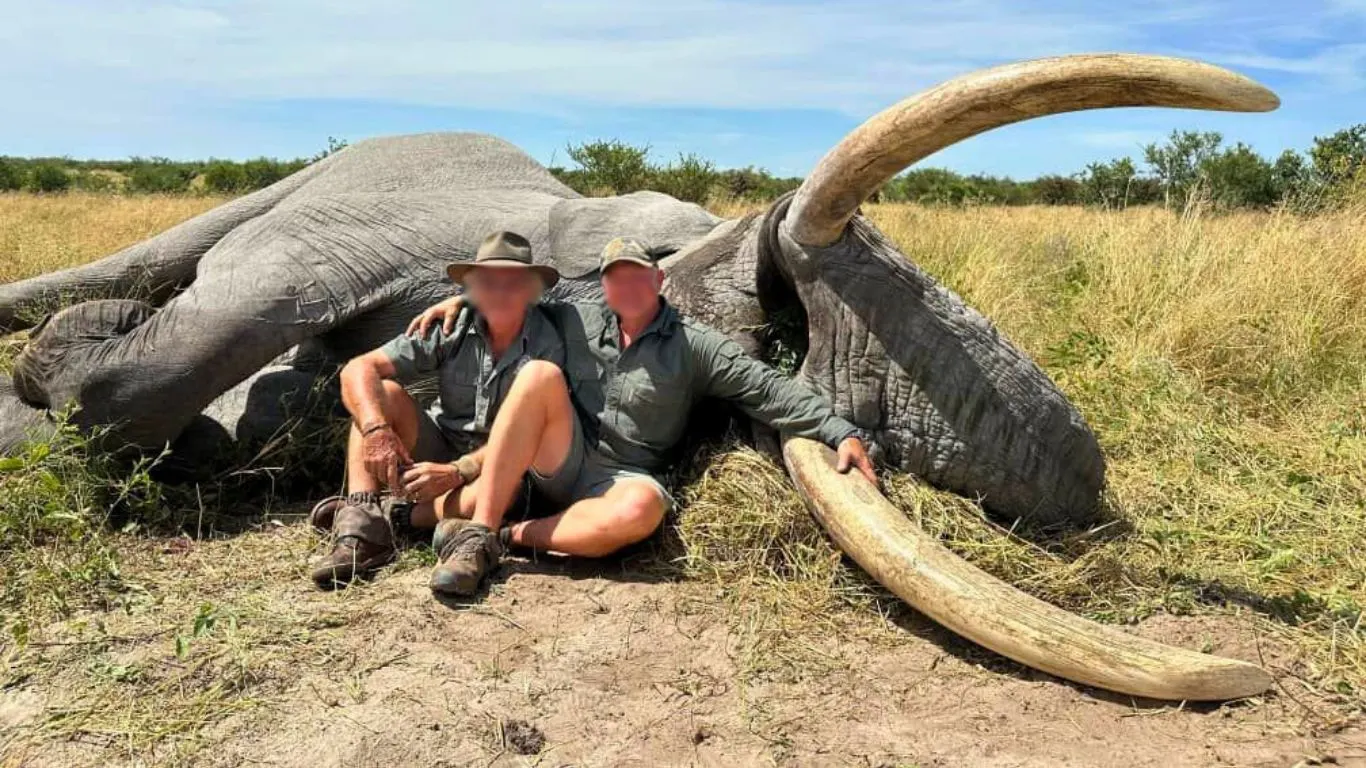
The tragic result? Today, fewer than 90 super tuskers remain on the entire African continent – and they’re being killed as you read this. We MUST help them right away.
Less than 90 ‘super tusker’ elephants remain on the African continent. Poachers and hunters want to kill them.
In the last 100 years, 90% of all African elephants have been wiped out. Of those that remain, less than 90 individuals are famed ‘super tuskers’, with the rare and special big-tusk gene.
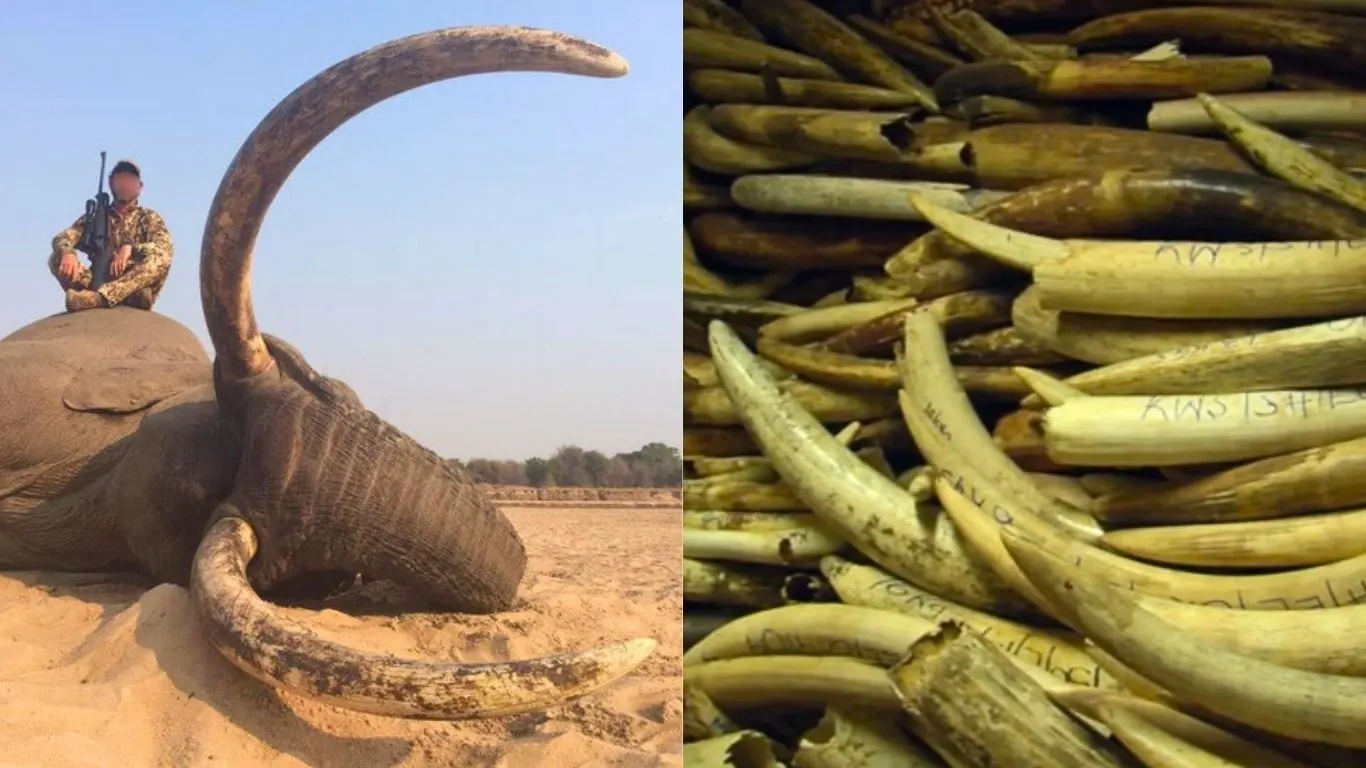
Right now, it’s the dry season in East Africa, and these super tuskers travel through wildlife corridors between Kenya and Tanzania in search of food and water. As they traverse the vast, unfenced corridors, they are extremely vulnerable to being poached and killed.
While all the region’s elephants face these constant threats, super tuskers are especially targeted – both by ivory poachers and trophy hunters, who see them as a ‘big ticket’ prize.
Their efforts to evade these dangers aren’t the only threats. Increasingly frequent droughts across the region are also shrinking elephants’ habitats. Hunger and thirst drive these large animals into human-populated areas. In desperation, they may eat farmers’ crops or seek out water within communities, leading to retaliatory killings.
Desperate herds of elephants are facing deadly threats from all sides. Drones will help them. Please, donate today.
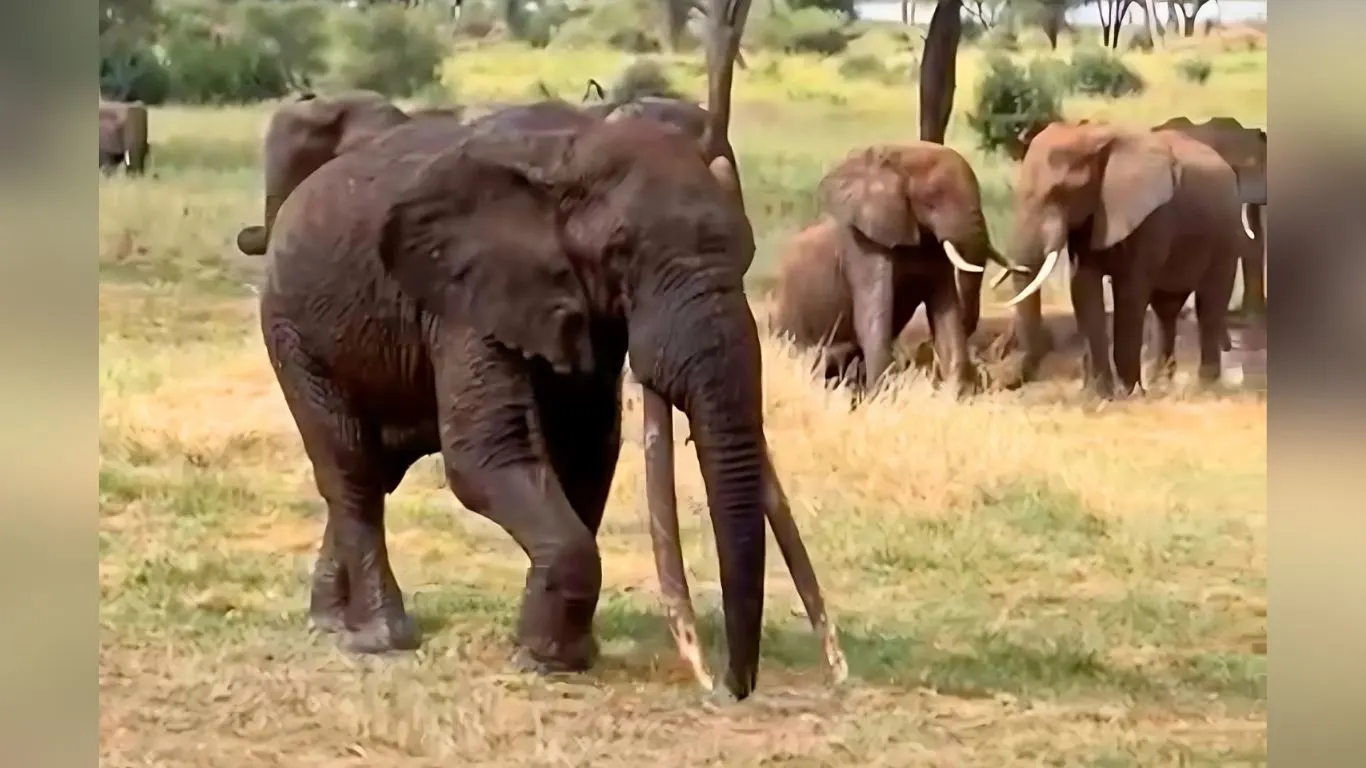
We are working with Conservation Through Tourism (CTT), dedicated to safeguarding elephants across wildlife corridors between Kenya and Tanzania.
Over the past 10 months, it has responded to approximately 740 elephant-related incidents, saving countless lives. It is also the first team in the area to successfully manage human-elephant conflict at night – the most dangerous time for elephants – using advanced anti-poaching technology.
Using drones, the team guides elephants toward safe, designated water sources and food, and then back to safety. This ‘guarding from the sky’ keeps elephants away from humans and hunting zones, reducing the animals’ risk of being illegally poached, shot by trophy hunters, or killed by the authorities for damaging human settlements.

Our partner is successfully protecting elephants in three key wildlife corridors, but two remain unprotected. Please help us cover the final two corridors.
Right now, our partner has three of the five major corridors covered, but must expand into the remaining two unprotected areas. To do this, they need additional drones.
Each drone costs $7,000 (around £5,100). Ultimately, our partner needs nine more drones. Every additional drone brings us closer to full protection across all five corridors.
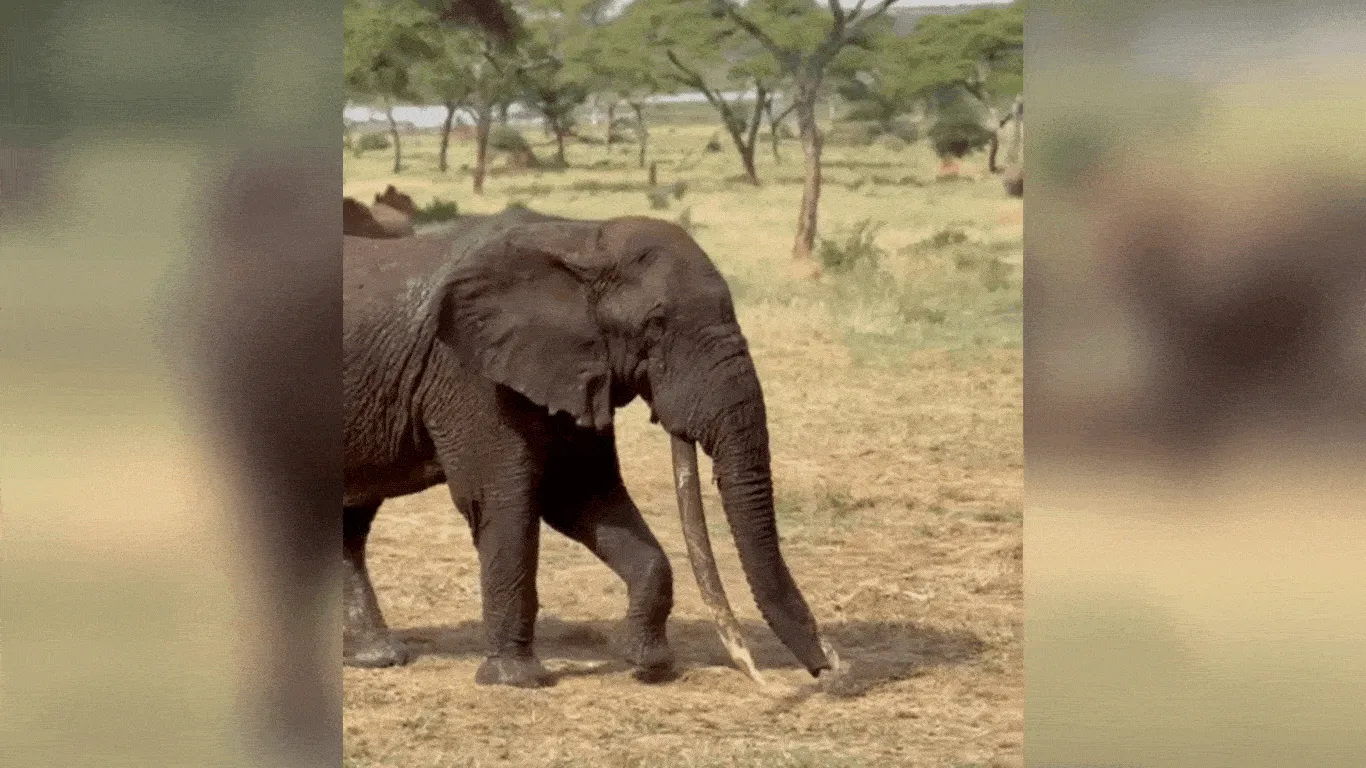
With the dry season well underway, now is the most perilous time for elephants as they wander thousands of miles in search of food and water each day. The threats are everywhere. We must help right away.
Please, donate now, and help us protect East Africa’s last remaining super tusker elephants.


